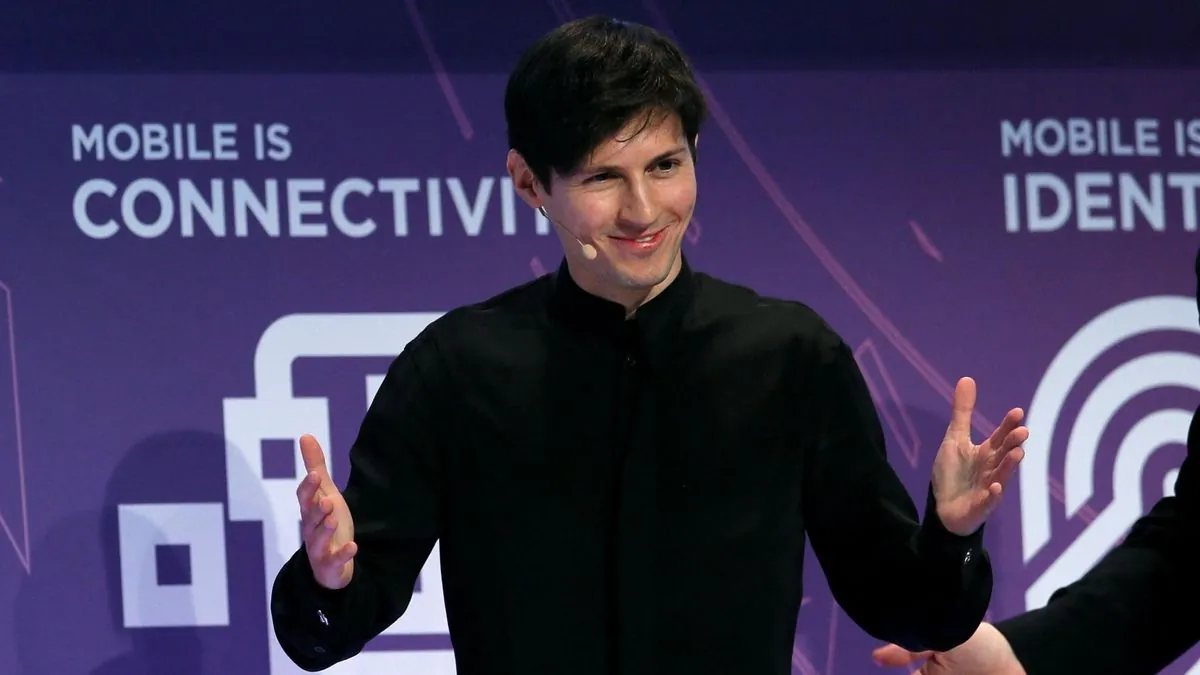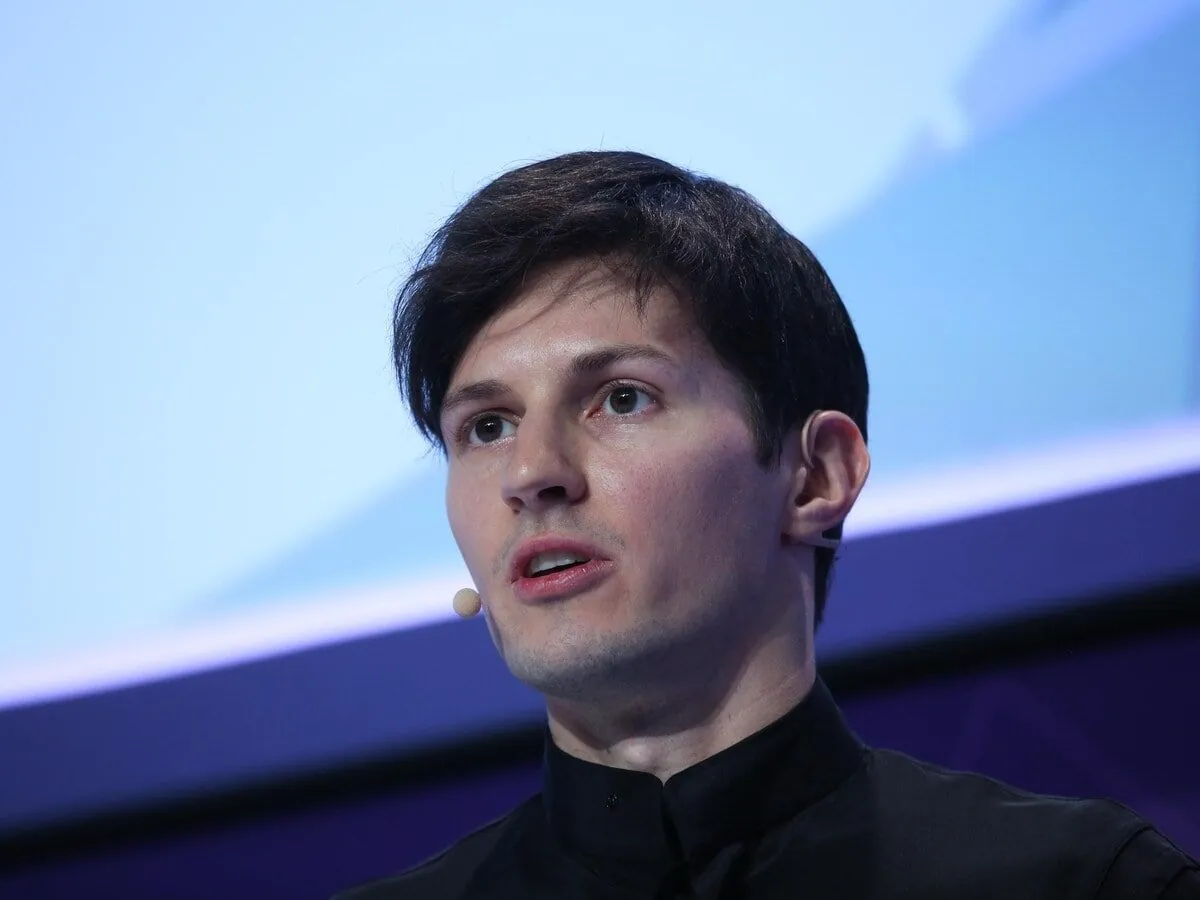Telegram CEO Pavel Durov Under Investigation in France, Sparks Tech Responsibility Debate
Pavel Durov, Telegram's CEO, faces legal scrutiny in France over platform content. The case ignites discussions on tech companies' accountability and freedom of speech boundaries in the digital age.

Pavel Durov, the founder and CEO of Telegram, is currently under formal investigation in France, sparking a debate on the responsibilities of tech companies regarding user-generated content. The investigation, which began on August 28, 2024, centers around allegations of complicity in facilitating illicit transactions, child exploitation material, and drug trafficking through the Telegram platform.
Telegram, founded by Durov in 2013, has grown to nearly 1 billion active users worldwide by 2024. The platform is known for its strong emphasis on privacy and encryption, features that have made it popular but also controversial.
Durov was arrested on August 24, 2024, at an airport near Paris and spent four days in police custody. He has been granted bail under strict conditions, including a €5 million payment and restrictions on his movement within France.

The case has drawn international attention, with reactions from various quarters:
Durov's lawyer, David-Olivier Kaminski, stated:
"It's totally absurd to think that the head of a social network could be involved in criminal acts that do not concern him, either directly or indirectly. [[Telegram's lawyer on the investigation]]"
The Kremlin expressed concern that the case should not turn into "political persecution."
- The United Arab Emirates, where Durov holds citizenship, is in communication with French authorities.
French President Emmanuel Macron, known to use Telegram, emphasized that the investigation is a judicial matter, not a political decision. Interestingly, Macron had lunch with Durov in 2018 as part of a series of meetings with tech entrepreneurs.
The case raises complex questions about the balance between freedom of speech and law enforcement in the digital age. Telegram, like many social media platforms, has faced challenges in moderating content while maintaining its commitment to user privacy.
Durov's background adds another layer to the story. Born in Leningrad (now St. Petersburg) in 1984, he became a billionaire before 30 and is known for his libertarian views and advocacy for internet freedom. He left Russia in 2014 after refusing to hand over user data to the government, highlighting his stance on privacy.
As the investigation unfolds, it may set precedents for how tech companies are held accountable for content on their platforms. The outcome could have far-reaching implications for the future of social media regulation and the responsibilities of tech leaders worldwide.


































